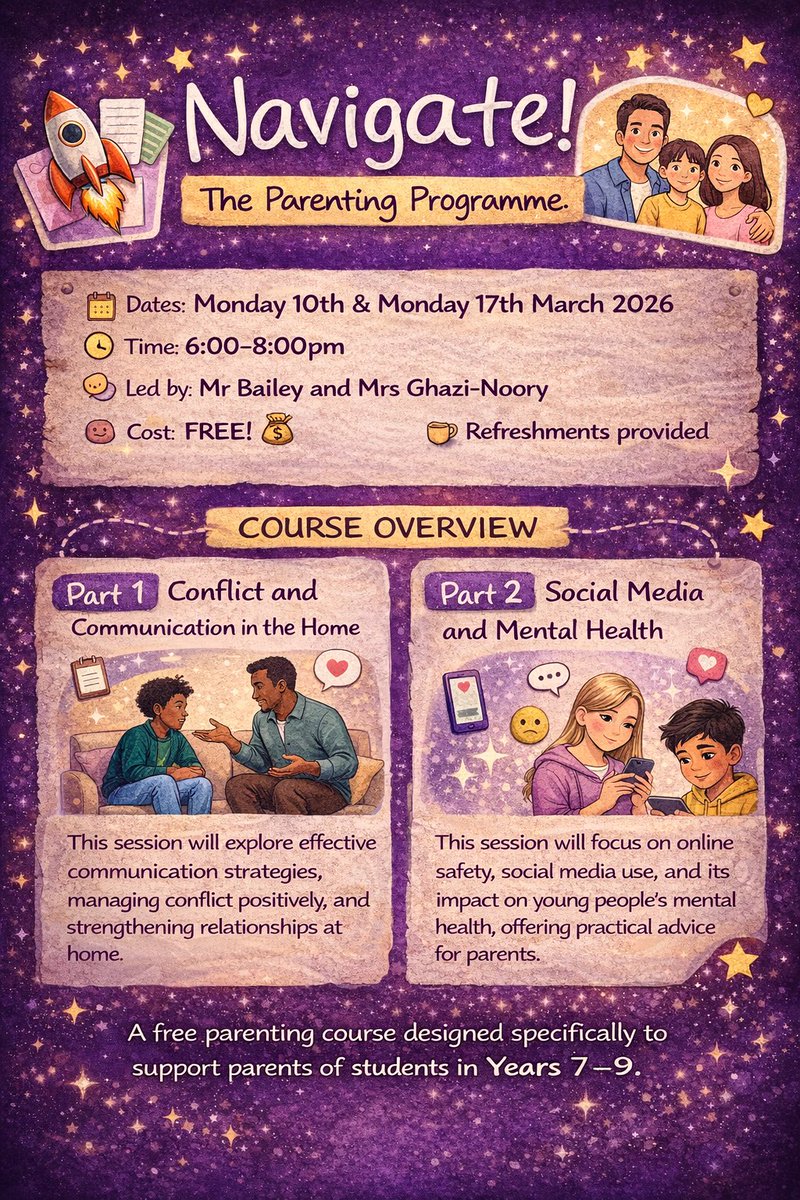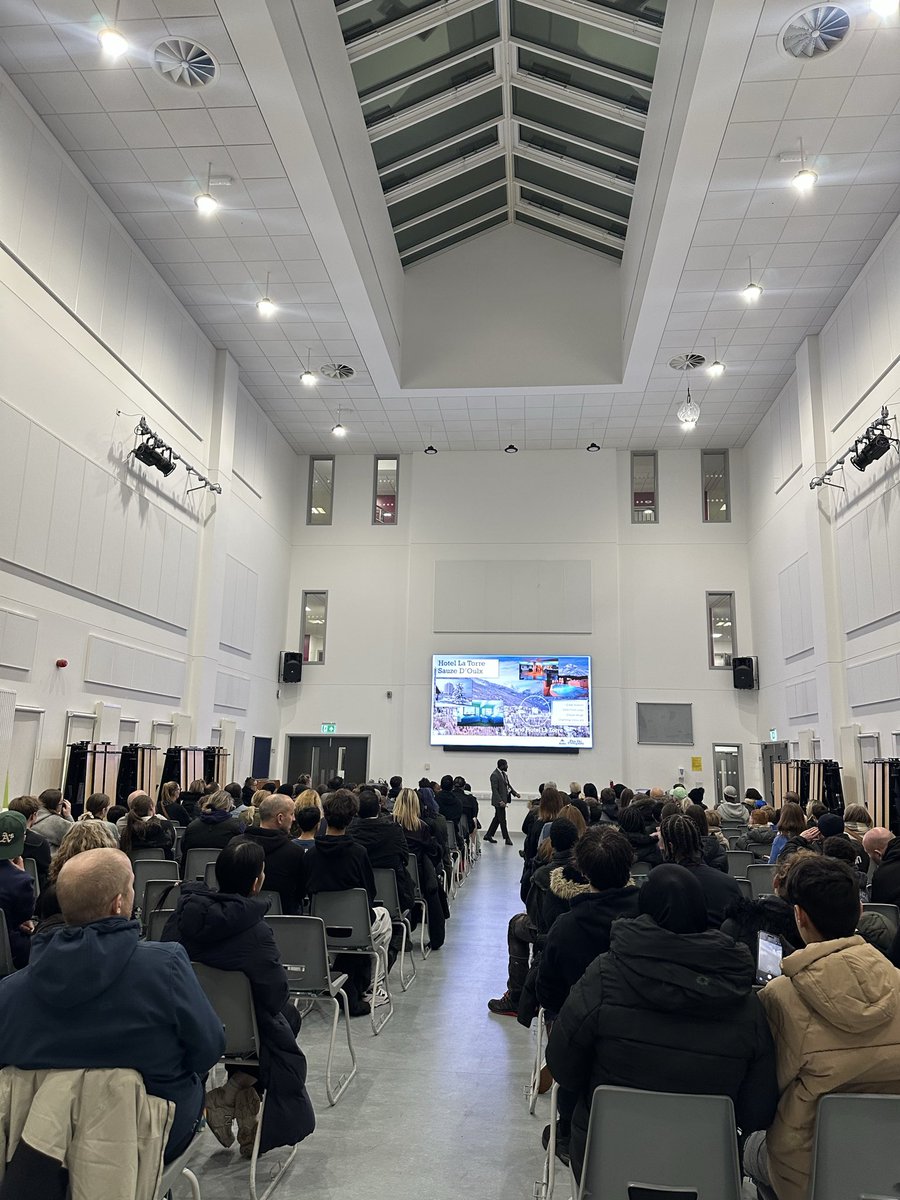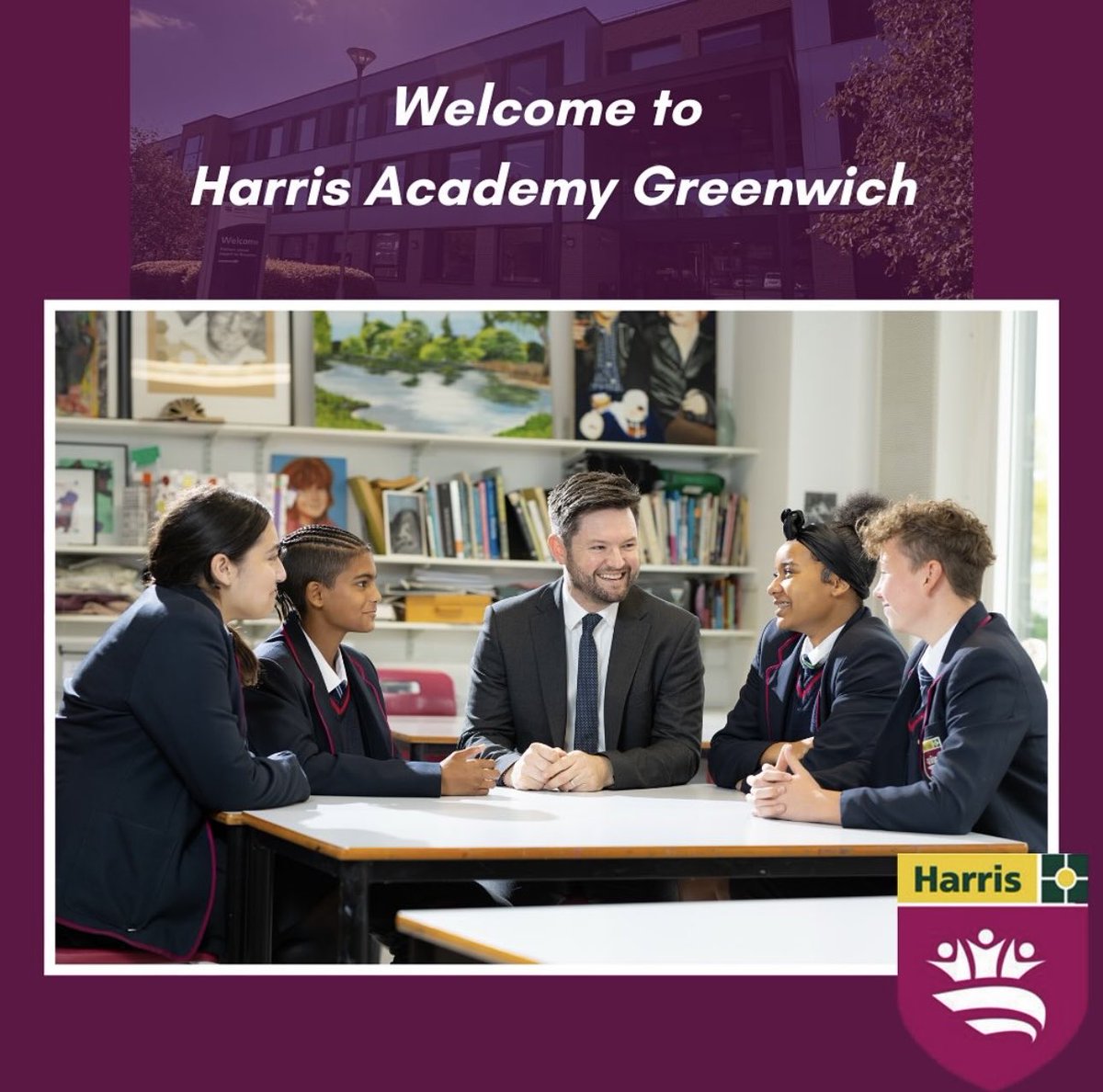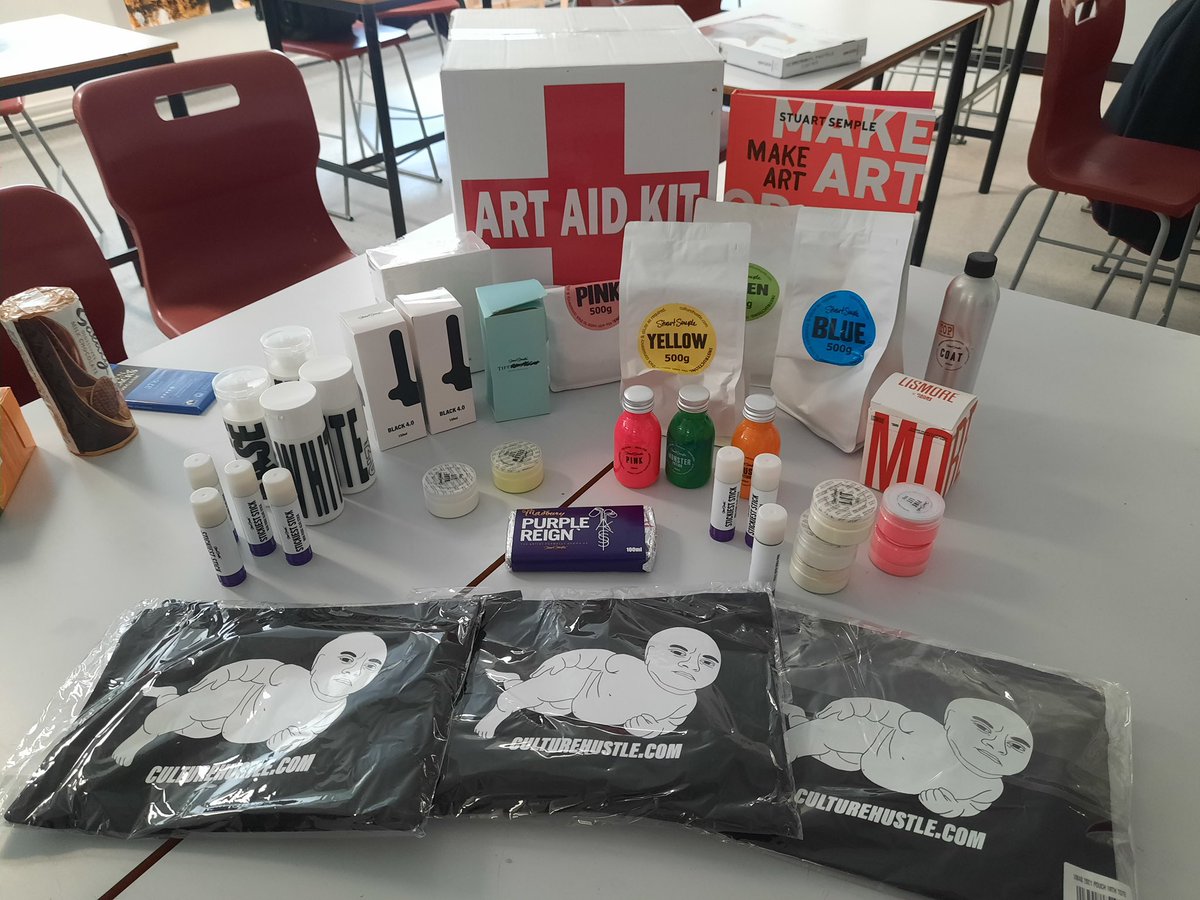How do students learn the curriculum at Harris Greenwich
How students learn the curriculum
Our implementation of curriculum is governed by our Teaching and Learning Blueprint. We care deeply about practising our teaching craft to ensure we are crystal clear in instructing powerful knowledge and we foster an academic climate for this teaching.
The six principles that govern our teaching craft are led by the mantra of ‘Knowledge is Power’ and ‘Making it Stick’ to stop the forgetting happening.
Knowledge is Power
Because we know the above is true we know the teacher is the expert and therefore we carefully practise our direct instruction, dual coding and interleaving of sequenced knowledge. We know that our curriculum should be taught to be remembered not merely encountered. With this in mind, we follow the following principles in our planning, teaching and assessment to ensure pupil success.
Making It Stick
Every decision we make about learning and teaching is governed by two truths about learning.
- If nothing has changed in long term memory, nothing has been learnt
- Forgetting is inevitable
No matter how brilliant a year 8 Spanish lesson appeared, if the students cannot remember it two weeks later, it wasn’t learnt. Understanding sometimes gets confused with learning, but they are not the same thing. Therefore, everything we ask students to do, and everything we talk to teachers about, is designed to make more knowledge stick in long term memory.
The Teaching and Learning Blueprint

All staff contribute to training around our six principles of Teaching and Learning which we refer to as our ‘Blueprint’. This Blueprint underpins all of our Teaching and Learning training session, training programmes and instructional coaching curriculum.
Lessons and lesson structure
We are not overly prescriptive on how lessons should look at Harris Greenwich, but there are some principles that all teachers adhere to.
All lessons start with a high challenge retrieval activity, followed by a period of fully guided instruction (‘I do’ ‘We do’ ‘You do’). This is surrounded by a warm/strict approach to behaviour management: ‘Because we care, what we ask students to do is not optional’.
Stopping the Forgetting – How lessons start
Every lesson at Harris Greenwich starts with 10-15 minutes of high challenge retrieval questions designed to stop the forgetting of the most vital knowledge, facts and skills. The questions pull from a broad knowledge base, including previous topics and sometimes previous years!
Such is the importance we place on ‘stopping the forgetting’, it is expected that all students attempt all the ‘Do Now’ questions, and those not attempting all of them are challenged. Teachers will refrain from providing too much help in the first 10 minutes, instead motivating students to think hard without looking back over previous work.
The teacher then spends time going through the answers, reteaching the most important points if necessary, and students make corrections. The graph below illustrates our belief, that the more knowledge is retrieved in Do Now quizzes, the more is remembered.

Examples of Interleaved Do Now Quizzing in English, History and Maths.

An example from Year 9 English.

An example from Year 8 History.

An example from Y10 Maths.
Fully guided instruction: ‘I do’ ⇒ ‘We do’ ⇒ ‘You do’
Following the ‘Do Now’, teachers pitch high in the ‘I do’ phase. This is where teachers introduce the new content clearly with great examples, models and explanations. We pitch it high, often above the most able students in the class, so everyone is challenged.
We follow this with a ‘We Do’ phase that provides support. Here you will see processes deconstructed, lots of questions being asked, students helping the teacher do some more examples, paired talk, and practice with writing frames.
Finally, students practise the new thing they’ve learned independently without support. The ‘arm bands are popped’ - there will be no / minimal support from the teacher. Rather than different levels of task, we strive for everyone doing the same, difficult thing. The support given in the ‘We Do’ phase ensures that all students can perform the ‘you do’ practise successfully, gaining confidence and embedding vital knowledge in long term memory as they do so.
How do we get better at teaching?
We know that practice is essential to making change and therefore all teachers having teaching partners where they meet regularly for instructional coaching where get granular about how to improve in service of students learning over time using StepLab to support development.





















